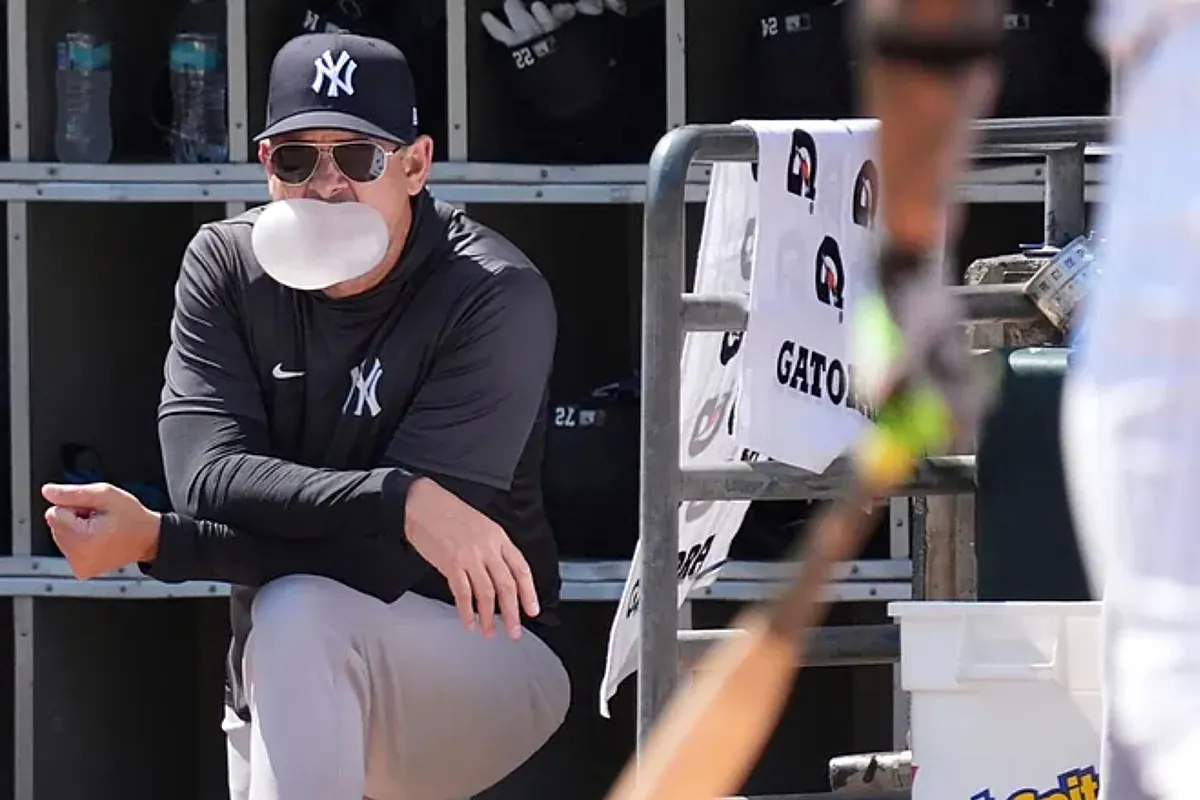Sport News
Yankees Fans Slam Aaron Boone for Evasive Answers on Aaron Judge’s Injury
New York, NY – The highly anticipated return of Aaron Judge to right field for the New York Yankees, following his flexor tendon injury, was meant to be a moment of triumph. Instead, the recent game against the Toronto Blue Jays ignited a firestorm of controversy, not only due to Judge’s visibly hampered performance but also because of manager Aaron Boone’s remarkably evasive post-game press conference.

Boone’s responses to questions regarding Judge’s physical condition were widely criticized as ambiguous and defensive, fueling the ire of a fanbase already on edge. Many fans took to social media, accusing the manager of attempting to conceal the clear struggles evident on the field.
Judge’s Return: A Mixed Bag and Personal Accountability
While Aaron Judge was back in action, it was clear he wasn’t operating at 100%. This was somewhat expected given the nature of his injury and the time he spent sidelined. However, specific plays highlighted the extent of his limitations.
In the first inning, a crucial opportunity arose to prevent a run with a throw to the plate. Judge, surprisingly, opted not to attempt the throw. Throughout the game, his throws consistently lacked the characteristic strength and accuracy, intensifying concerns about his recovery.
The captain himself took full responsibility for the missed play, stating, “That’s just on me. I’ve got to take charge… as an outfielder, you’ve got to take charge.” His candid admission stood in stark contrast to Boone’s more guarded remarks.
Boone’s Evasive Answers Spark Fan Outrage
The post-game press conference quickly became the focal point of frustration. When Chris Kirschner of The Athletic pressed Boone on why Judge didn’t make the throw in the first inning, the manager’s response was so vague it immediately went viral: “We’re handling it like we’re handling it, OK?”.
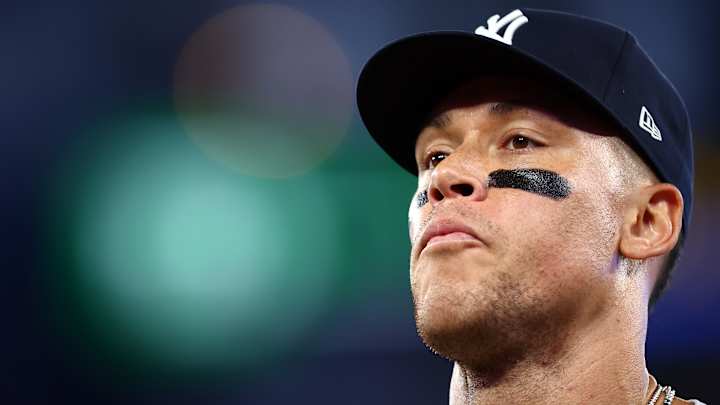
When further questioned about the play that ultimately cost the Yankees a run, Boone downplayed it as a routine action, stating, “He got there just in time and scored.” Pressed further by the reporter, Boone added that Judge “is in a position to make the throw,” but offered no elaboration on whether the player’s injury was limiting his right arm. These responses generated more questions than answers, leaving fans deeply unsatisfied.
The fan base reacted with fury, labeling Boone’s statements as inaccurate and demanding clearer explanations regarding Judge’s health. The lack of transparency only intensified suspicions that something was being withheld.
A Pattern of Questionable Decisions
This latest controversy is not an isolated incident. Aaron Boone has faced a growing chorus of criticism throughout the season for a series of questionable decisions. His insistence on playing Anthony Volpe despite persistent defensive struggles and several ill-advised bullpen management choices that have cost the Yankees key games have drawn significant ire.
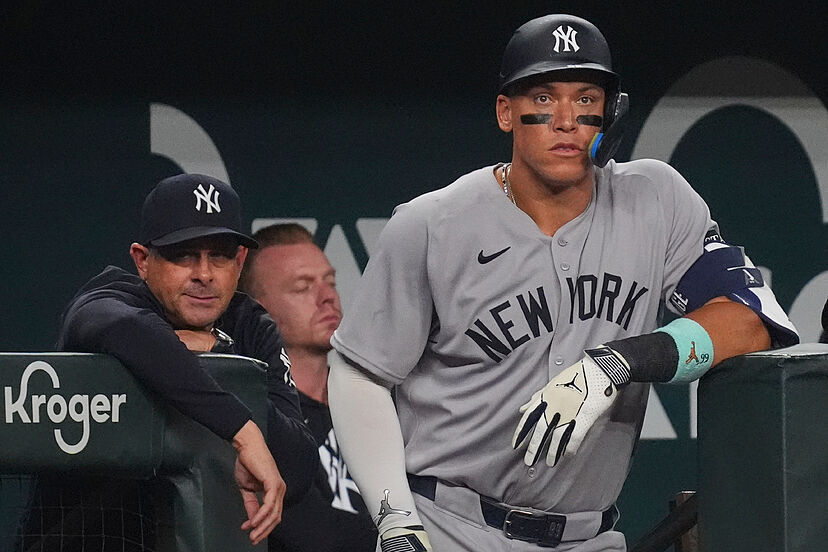
Furthermore, Boone’s often confrontational interactions with the press, where he tends to dismiss criticism, have further eroded his image among fans. This, combined with a disappointing season for the Yankees, has led a significant portion of the fanbase to openly call for a change in managerial leadership.
Protecting the Star: A Critical Debate
Beyond the immediate controversy, a crucial debate has emerged: are Boone and the Yankees organization adequately protecting their most valuable asset? Judge’s numbers are unequivocally MVP-caliber, leading the American League in OPS (1.103), home runs (43), and RBIs (97). With such offensive prowess, conventional wisdom dictates prioritizing the protection of his arm and allowing him to focus on his bat.
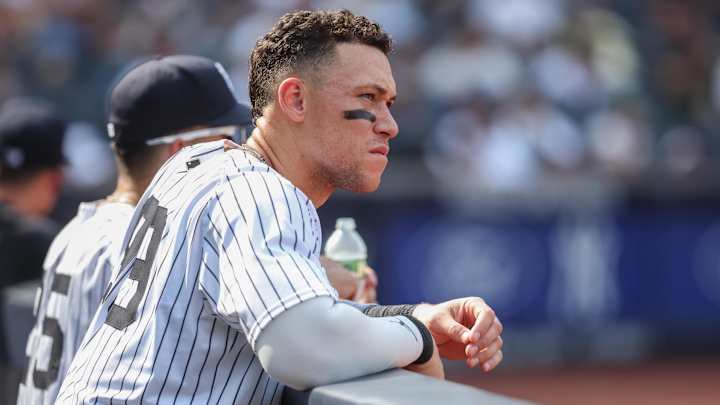
By deploying him in the outfield without full recovery, the Yankees are taking a significant gamble. This risk extends beyond the present, potentially jeopardizing their future prospects, as a postseason run without a fully healthy Aaron Judge could prove devastating for the Bronx Bombers. The organization’s handling of injury reports, especially concerning a star player like Judge, is under intense scrutiny.
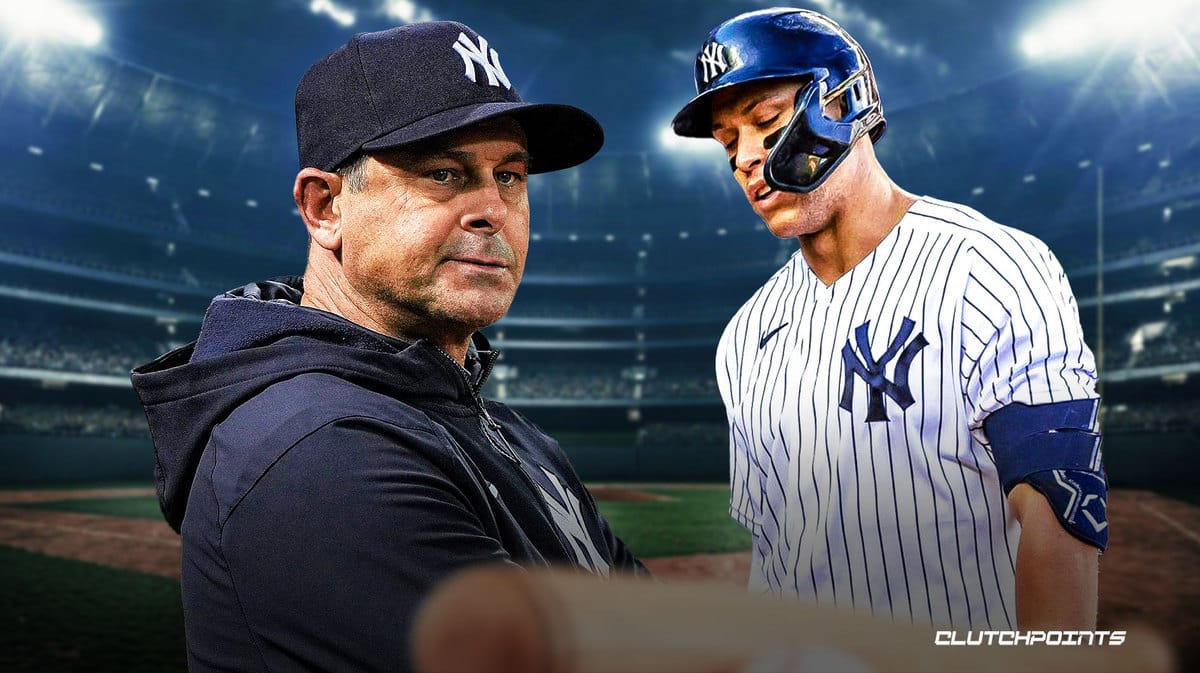
The Yankees face a complex dilemma: balancing the immediate need for their star player with the long-term imperative of his health. The fans, meanwhile, are demanding transparency and accountability from a manager whose explanations have only served to deepen the mystery surrounding their captain’s condition.
